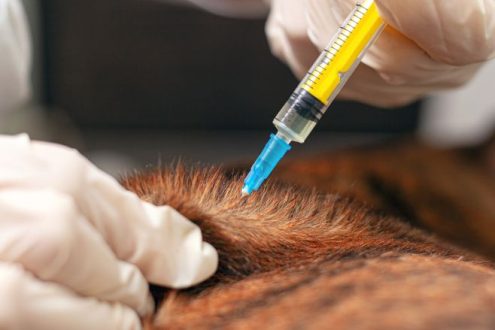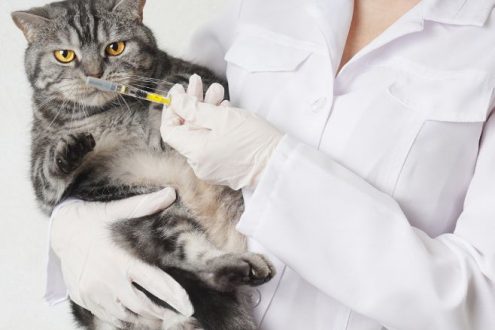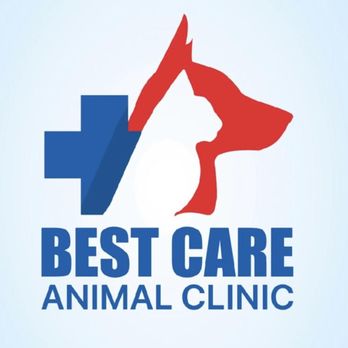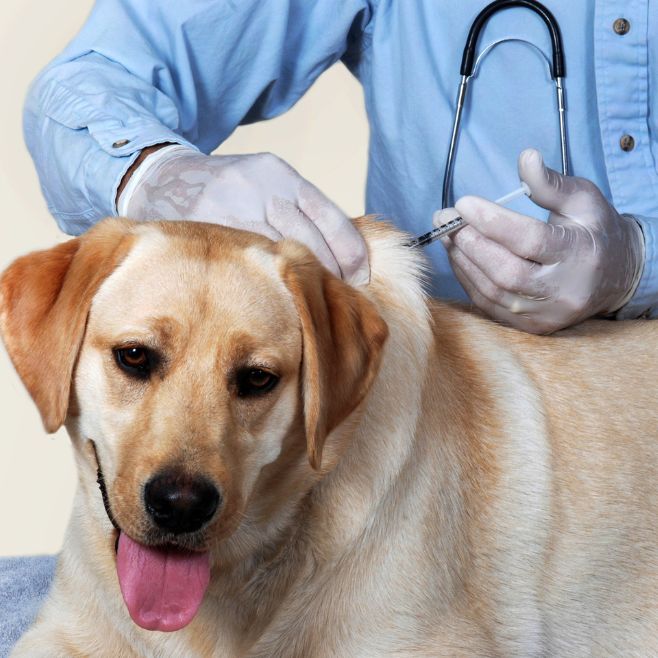Pet Vaccinations
The Importance of Pet Vaccinations: Protecting Your Furry Friend's Health
As a pet owner, you want the best for your furry friend. One of the most important things you can do to keep your pet healthy is to make sure they receive their vaccinations. Vaccinations protect your pet from a range of diseases and illnesses that can be both dangerous and expensive to treat. In this article, we’ll discuss the importance of pet vaccinations and answer some common questions about the process.
What Are Vaccinations?
Vaccinations are shots that contain small amounts of weakened or dead viruses, bacteria, or other disease-causing organisms. When your pet receives a vaccine, their immune system is exposed to these organisms, which triggers an immune response. The immune system then produces antibodies to fight off the disease-causing organisms. If your pet is ever exposed to the real disease, their immune system will be prepared to fight it off.
Trusted Team
Peace of mind
We love dogs
Convenience
Why Are Vaccinations Important?
Vaccinations are essential for keeping your pet healthy. They protect against a range of serious and potentially deadly diseases, including rabies, distemper, parvovirus, and hepatitis. These diseases can be very expensive to treat, and some may even be fatal. By getting your pet vaccinated, you’re not only protecting them, but you’re also protecting other animals they may come into contact with.
When Should Your Pet Be Vaccinated?
The timing of your pet’s vaccinations will depend on a few factors, including their age, breed, and overall health. Most veterinarians recommend that puppies and kittens receive their first set of vaccinations at around 6 to 8 weeks of age. These vaccinations will be followed by a series of boosters over the next few months.
Adult pets also need to be vaccinated on a regular basis to ensure that they remain protected against disease. The specific vaccines that your pet needs will depend on their lifestyle and risk factors. For example, if your pet spends a lot of time outdoors or in contact with other animals, they may need additional vaccinations.


Are There Any Risks Associated with Vaccinations?
Like any medical procedure, vaccinations do carry some risks. Some pets may experience mild side effects, such as soreness at the injection site, fever, or lethargy. More serious reactions are rare but can occur. These may include anaphylaxis, a severe allergic reaction, or vaccine-associated sarcoma, a type of cancer that can develop at the injection site.
It’s important to talk to your veterinarian about the risks and benefits of vaccinations for your pet. They can help you make an informed decision about which vaccines are necessary and how often they should be administered.

